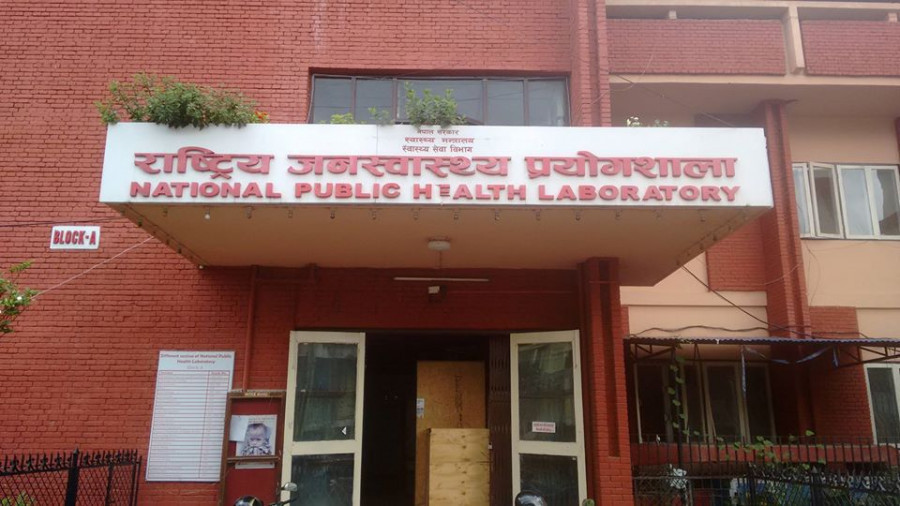Health
National Public Health Laboratory confirms cholera outbreak in Birgunj
Eight of 10 stool samples test positive. Vibrio cholerae 01 Ogawa serotype identified as culprit.
Arjun Poudel
Following earlier rapid diagnostic tests suggesting cholera, the National Public Health Laboratory has now officially confirmed the outbreak in Birgunj Metropolitan City.
Of the 10 stool samples of the infected patients, eight have tested positive for cholera.
“Vibrio cholera 01 Ogawa serotype has been detected in eight stool samples,” Dr Ranjan Raj Bhatta, director at the laboratory told the Post. “We have sent two samples for subculture [for further confirmation].”
At least three people died and over 300 people have been infected with cholera that has spread in 3,11,12,13, and 16 wards of the metropolis since last week. Scores of ailing patients have been admitted to intensive care units of health facilities across Parsa district.
Cholera is a highly infectious disease that causes severe diarrhoea and vomiting, which can lead to dehydration and death within a few hours if left untreated.
Public health experts say the ongoing Birgunj outbreak is the largest since the Jajarkot incident in 2009. Sixteen years ago, the far-western district of Jajarkot saw a major cholera outbreak that killed several and infected hundreds.
“This is a public health emergency,” said Dr Baburam Marasaini, a former director at the Epidemiology and Disease Control Division. “This incident exposes critical gaps in the government’s preparedness and response system, and water and sanitation conditions.”
Experts are particularly alarmed by both the severity of the outbreak and the deaths it has caused.
Health Ministry officials also blamed prolonged drought and water scarcity for the Birgunj outbreak. Experts warn that failing to address these underlying factors can exacerbate the outbreak and increase fatalities.
Public health experts say authorities must not conceal or ignore these problems, as doing so costs lives. They say awareness is vital for containing the outbreak, and the general public must be informed about what is happening in their surroundings and precautionary measures. They stress that awareness drives and health education play a crucial role in changing behaviour, which requires years of investment and continuous efforts.
Nepal often witnesses outbreaks of water- and food-borne diseases, including cholera, during the monsoon season as floodwaters contaminate most of the drinking water sources.
Last year, at least 95 cholera cases were confirmed in Kathmandu, Lalitpur, Jajarkot, Pyuthan, Makawanpur, Rolpa, Sindhupalchok, Achham, and Rautahat districts.
The Vibrio cholerae 01 Ogawa serotype was confirmed in the stool samples of infected patients.
Experts say poor sanitation and hygiene make the country remains highly vulnerable to waterborne diseases, including diarrhoea, dysentery, typhoid, hepatitis, and cholera, especially in the monsoon season.
They say the risk of waterborne diseases will not decrease until the country’s water and sanitation conditions improve, and people get safe drinking water. Several other factors, including storage conditions, supply pipes, and pollution of water sources, also impact the quality of water supplied to households.
The World Health Organisation says cholera is a global threat to public health, and a multifaceted approach is key to controlling the disease and reducing deaths.




 10.12°C Kathmandu
10.12°C Kathmandu














